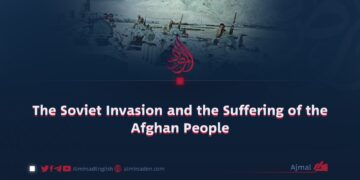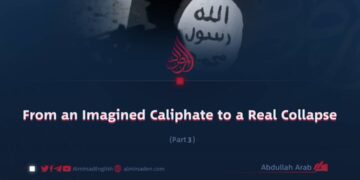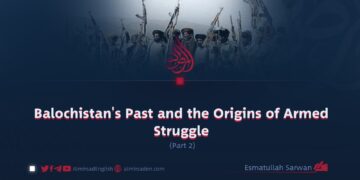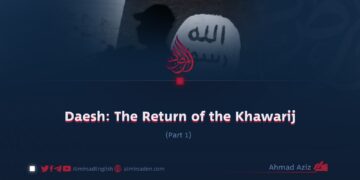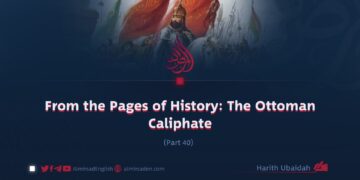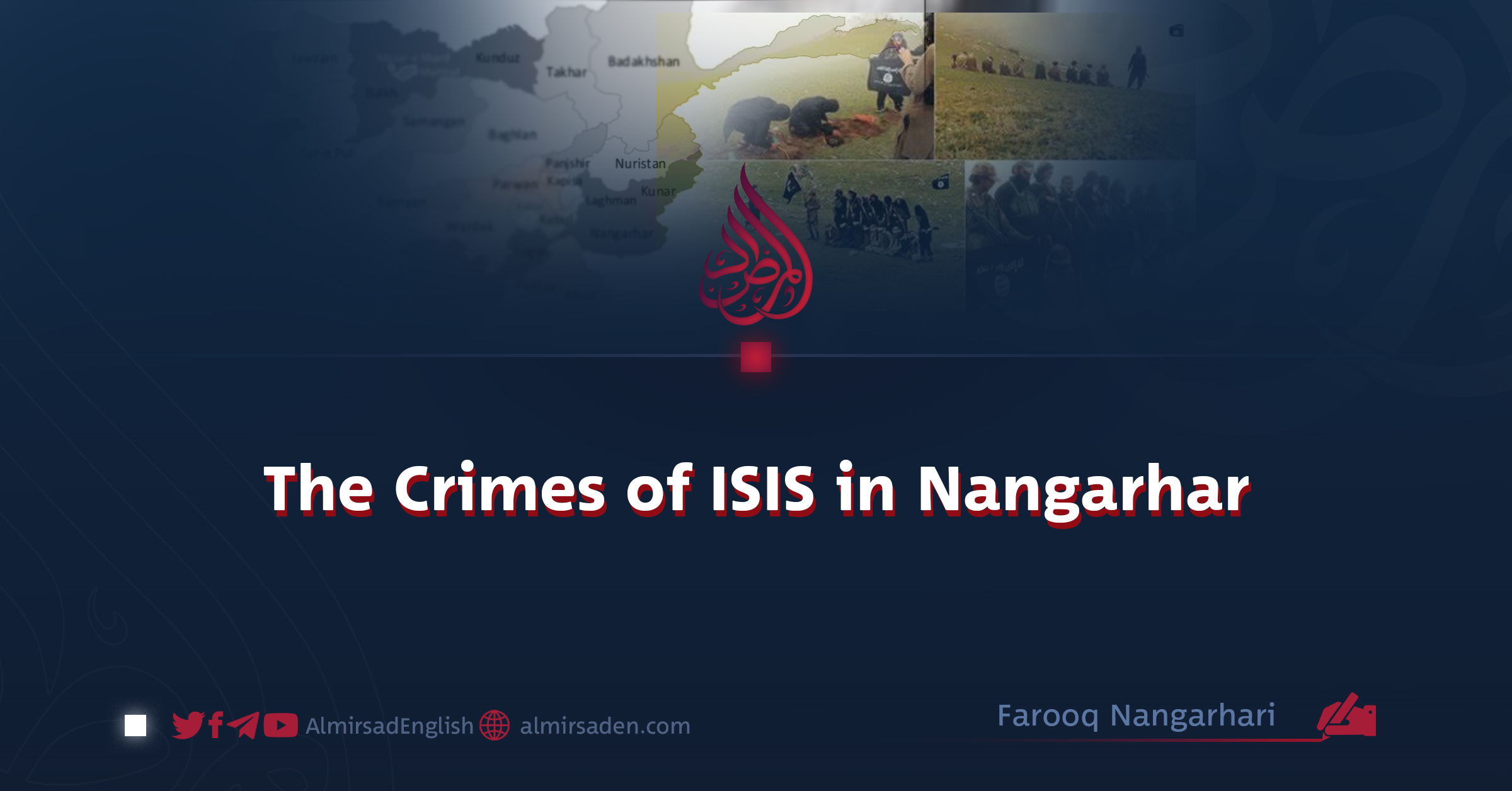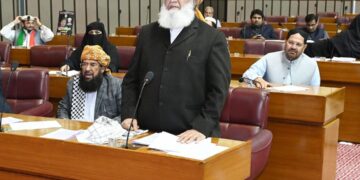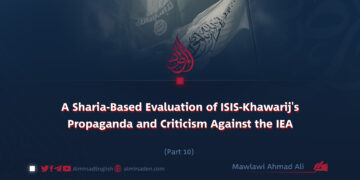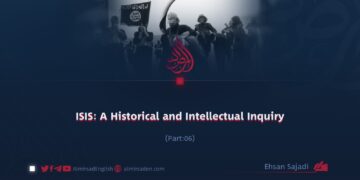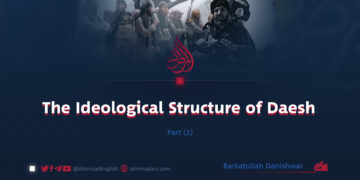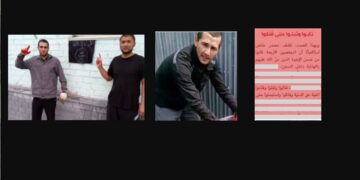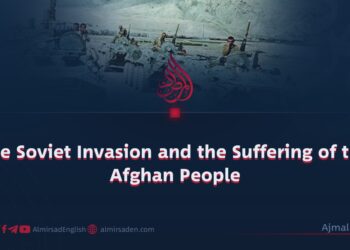Written by: Farooq Nangarhari
During the period of the fallen republic in 2015, a group known as ISIS emerged in Nangarhar province, Afghanistan. This group utilized armed force to enforce its misguided ideology upon the residents of districts such as Achin, Haska Mena, Shinwari, Kot, Tora Bora, Chaparhar, and various others.
The group received substantial support from regional intelligence agencies in sowing instability in the nation. They were supplied with significant military equipment and weaponry by the National Directorate of Security (NDS) and various other entities.
In order to demonstrate their dominance and authority, the Nangarhar-based ISIS militants perpetrated acts of violence against innocent Muslims, tribal elders, merchants, scholars, school students, and religious seminary students in districts like Tora Bora, Achin, Kot, Shinwari, Haska Mena, Chaparhar, and others. Their actions led to the displacement of countless families from these regions.
ISIS labeled ordinary Muslims as polytheists, considering their possessions, residences, and lives as spoils of war. They methodically targeted civilians, tribal elders, scholars, and prominent individuals. They carried out suicide bombings in marketplaces, mosques, and public areas, resulting in the deaths of numerous civilians.
In 2016, ISIS orchestrated a bombing at a local gathering of residents and tribal elders in Kot district, resulting in the deaths of numerous citizens. Similarly, in 2017, they bombed a gathering of tribal elders and local Muslims in the Nazian area, resulting in multiple casualties. In 2019, they launched an attack on a mosque in the Haska Mena district during the prayers, resulting in the deaths of several worshippers.
Furthermore, in regions such as Zawa, Momand Dara, Nazian, Lalpur, and Dur Baba, ISIS eliminated a large number of civilians, including students, farmers, herders, merchants, influential figures, and Islamic scholars.
According to local witnesses, ISIS even executed individuals for possessing newly issued Afghan currency notes, alleging that individuals with the new currency must have affiliations with the government. They also executed those who expressed opposition to their extremist ideology and religious doctrines.
The targeting of mosques and shrines of Islamic scholars, particularly Sufis, the destruction of graves and religious sites, and the violation of cultural and religious values became customary practices of ISIS in Nangarhar province.













